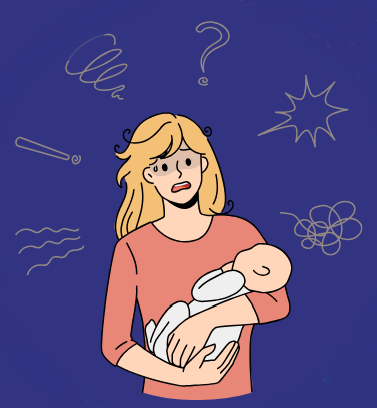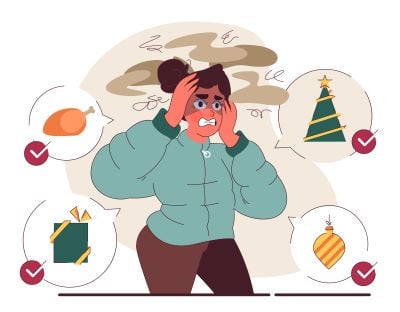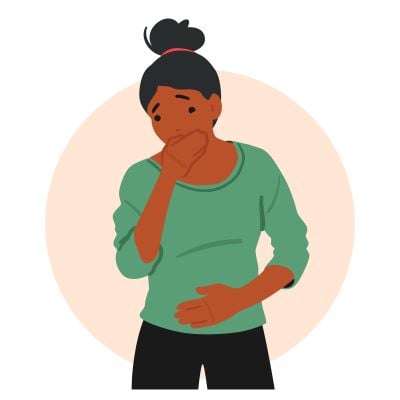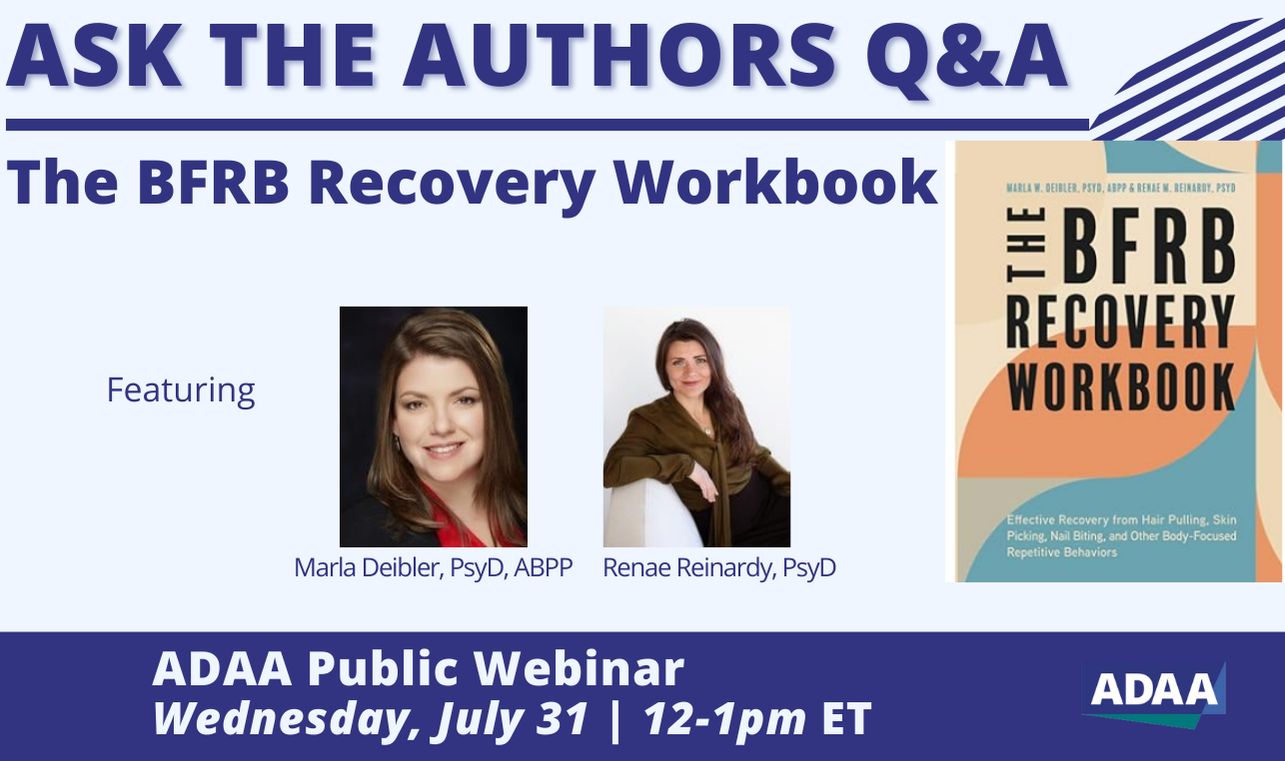Fear of Flying/Mental Health Minute
Quick tips for managing a fear of flying.



Quick tips for managing a fear of flying.
Quick tips for those who struggle with body image concerns or disordered eating as well as those who have food-related worries like fears of choking or food poisoning.



If you are in crisis please dial 988 for the Suicide & Crisis Lifeline. Please note that ADAA is not a direct service organization. ADAA does not provide psychiatric, psychological, or medical advice, diagnosis, or treatment.
Founded in 1979, ADAA is an international nonprofit organization dedicated to the prevention, treatment, and cure of anxiety, depression, OCD, PTSD, and co-occurring disorders through aligning research, practice and education.